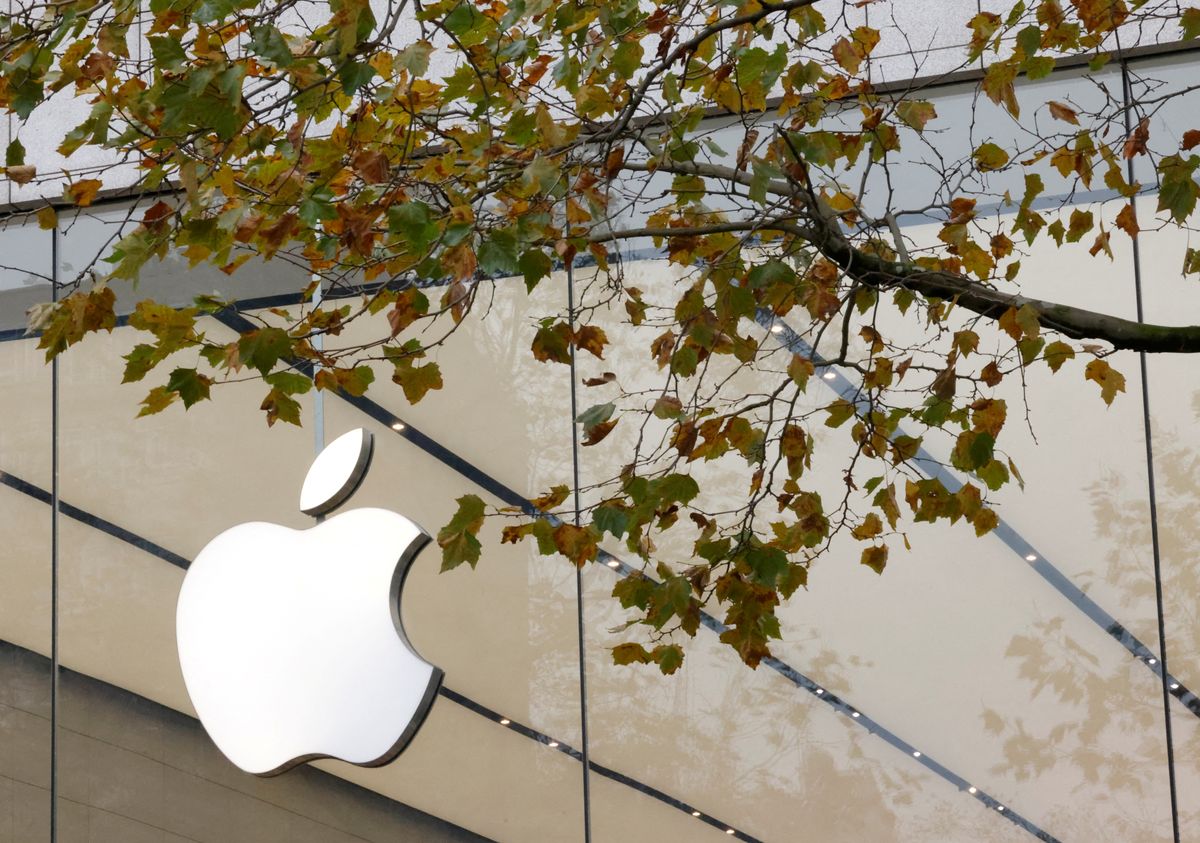Will Apple Watch be a game-changer for continuous glucose monitoring?
Apple has been working on game-changing technology to revolutionize diabetes management.

A few minutes every morning is all you need.
Stay up to date on the world's Headlines and Human Stories. It's fun, it's factual, it's fluff-free.
The backstory: Managing diabetes can be a hassle. Most people with diabetes have to prick their skin throughout the day to measure blood sugar levels. This invasive and inaccurate system has been a long-standing issue for millions worldwide. But, Apple has been working on game-changing technology to revolutionize diabetes management. For over a decade, the tech giant has been trying to develop sensors that continuously monitor blood sugar levels non-invasively to make life easier for people with diabetes.
More recently: In 2010, Apple acquired a startup called RareLight that was already working on this noninvasive monitoring. Apple's co-founder Steve Jobs then reportedly formed a top-secret project to continue the research. Then, in 2019, Apple filed patents that hinted it was looking at using smell sensors for healthcare – tech that can analyze sweat particles in the air to monitor blood sugar levels.
The development: Apple's latest project, E5, is reportedly working on blood glucose monitoring tech for the Apple Watch, which would be an important victory for people with diabetes. The tech would use silicon photonics and a measurement process called optical absorption spectroscopy – essentially using light wavelengths to detect glucose levels. This breakthrough could make Apple a powerhouse in the healthcare industry.
The project has been under wraps for some time, and fewer people are said to be working on it than Apple's other initiatives, like its self-driving car project. But, inside sources have reported to Bloomberg that the tech is at the "proof-of-concept" stage, but it just needs to be made smaller.
After the news, diabetes tech companies like Dexcom and Abbott saw a brief dip in their shares. These companies make patches to monitor glucose levels, but they are inserted into the skin and must be replaced every two weeks.
Key comments:
"Continued innovation in health tech is critical," said Abbott Laboratories spokesman Scott Stoffel. "It's also complex and must be accurate, easy and affordable. Abbott is the world's leader in continuous glucose monitoring because our FreeStyle Libre products address those needs."
"We're committed to developing new technologies that will help move health care from reactive to proactive," said Andrew Conrad, head of the life sciences team at Google, in a 2015 statement announcing a partnership with glucose monitoring company Dexco. "This collaboration is another step towards expanding monitoring options and making it easier for people with diabetes to proactively manage their health."
The deal between RareLight and Apple ultimately happened because of "Jobs's vision of health care combined with technology," according to RareLight founder Bob Messerschmidt.




Comments ()